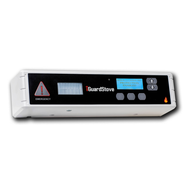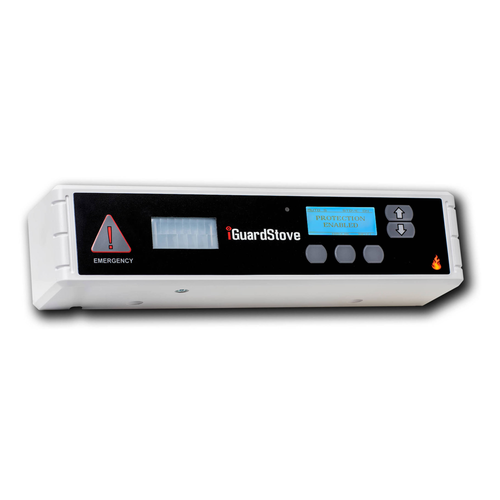


MassHealth has applied to the Centers for Medicare and Medicaid Services to expand the scope of an existing waiver service within the Department of Developmental Services’ Adult Supports Waiver, Individualized Home Supports, “to provide flexibility for participants to choose to receive some or all of their Individualized Home Supports services through live video feed, live audio feed, or web-based monitoring, as appropriate, to meet their needs identified in their Individual Support Plan (ISP).” The amendment would also expand “the scope of the existing waiver service, Assistive Technology, to cover evaluation and training and internet service specific to the operation of devices covered by this service, and adds ‘provider-managed’ to the available service delivery methods for this service.” The need to access technology for supports has been underscored by the Covid pandemic. Two out of three winners in the 2016 Autism Speaks House-to-Home prize included technology as part of their entry. ( Yet even at that time, organizations were springing up to harness the ability of technology to assist individuals to be more independent, while providing them with a safety net). In 2013, David Braddock reported that only 1% of Medicaid waiver dollars were spent on recipient technology (“State of the States in Disability Services”, cited in “Housing and Support Options for People with Intellectual and Developmental Disabilities”, 2014). A webinar on assistive technology and independent living was held in August of 2016.Technology can be low tech or high tech.Technology is increasingly seen as part of a viable safety net.Additional support was provided by Advocates, HMEA, and the Massachusetts Developmental Disabilities Council. Much of the material on this page was developed for the 2016 MA Housing Think Tank, a joint effort of Autism Housing Pathways, The Arc of Massachusetts, and Advocates for Autism of Massachusetts.


 0 kommentar(er)
0 kommentar(er)
